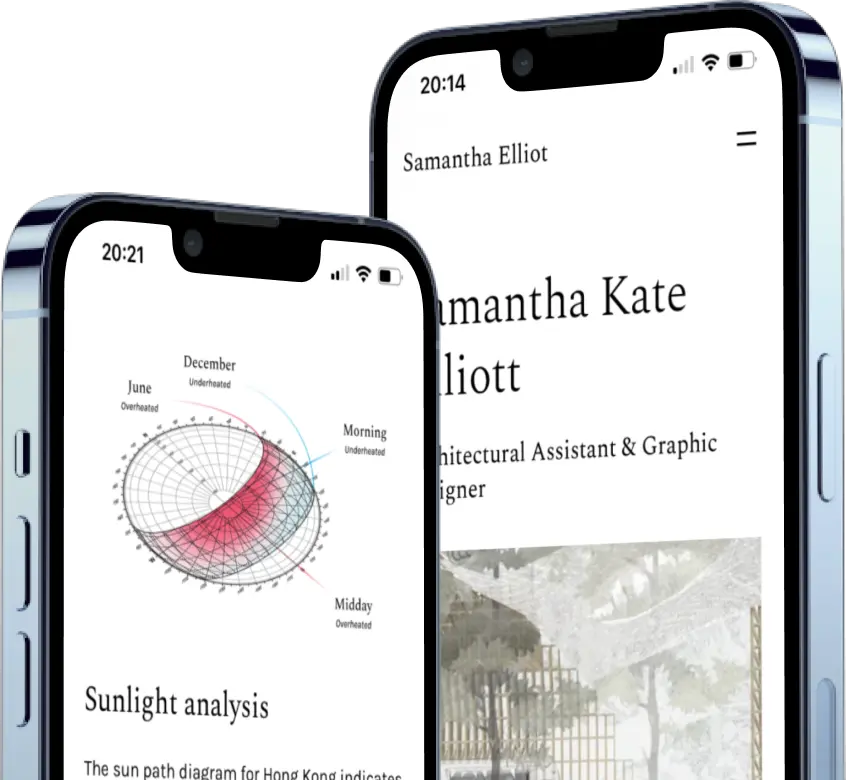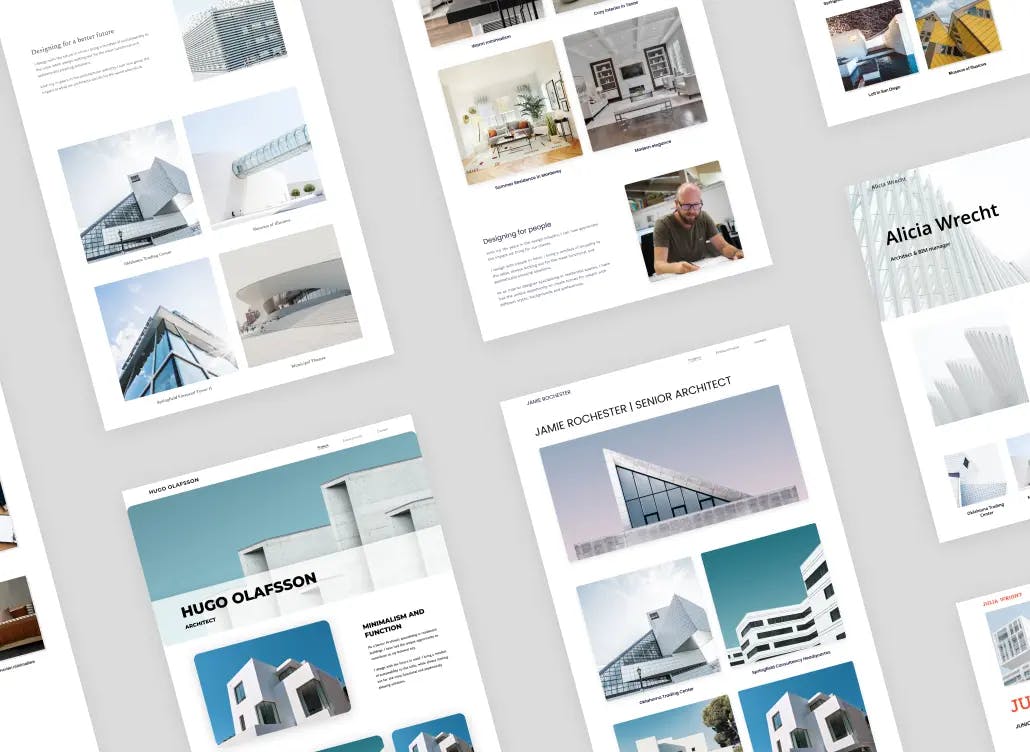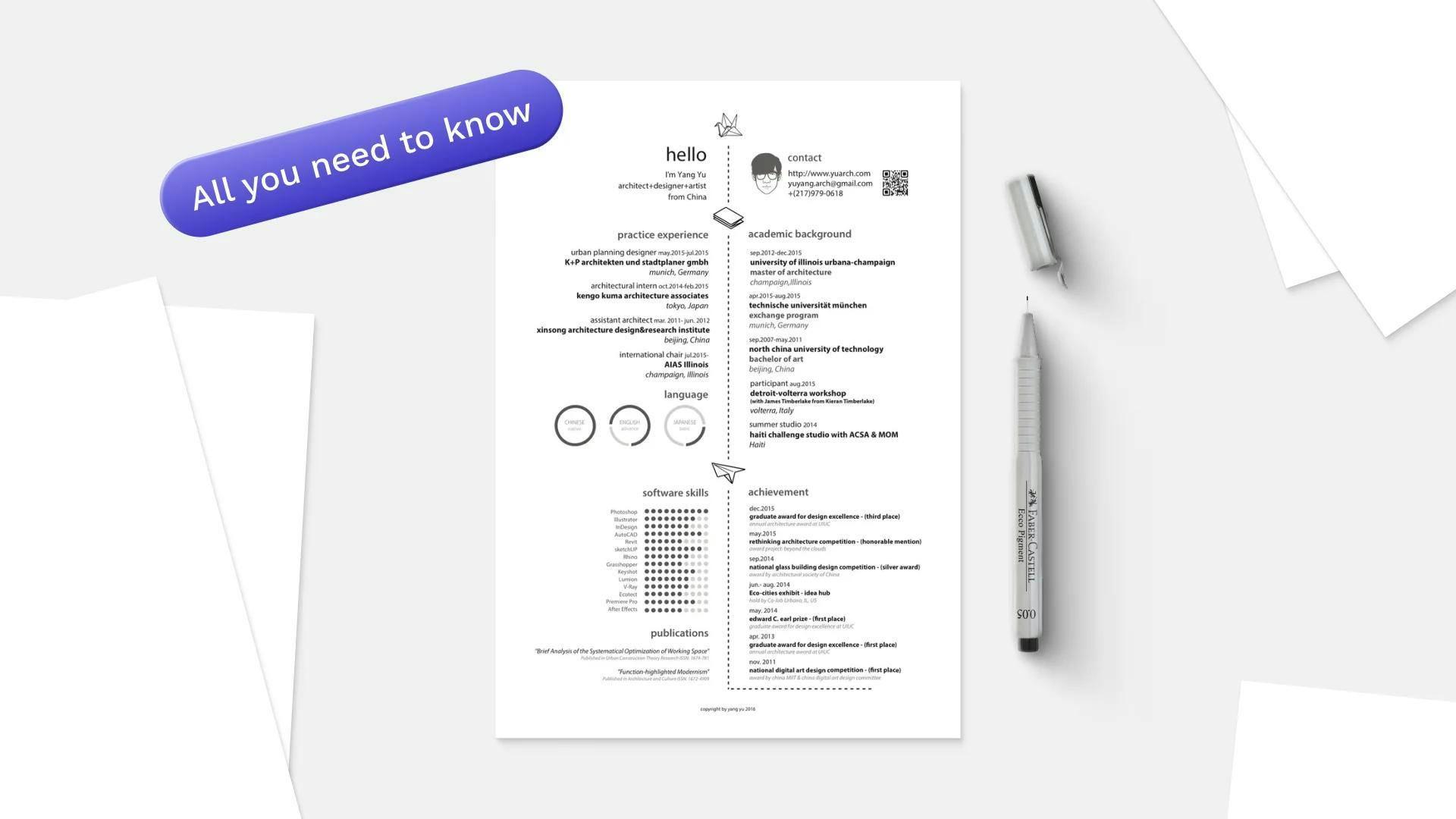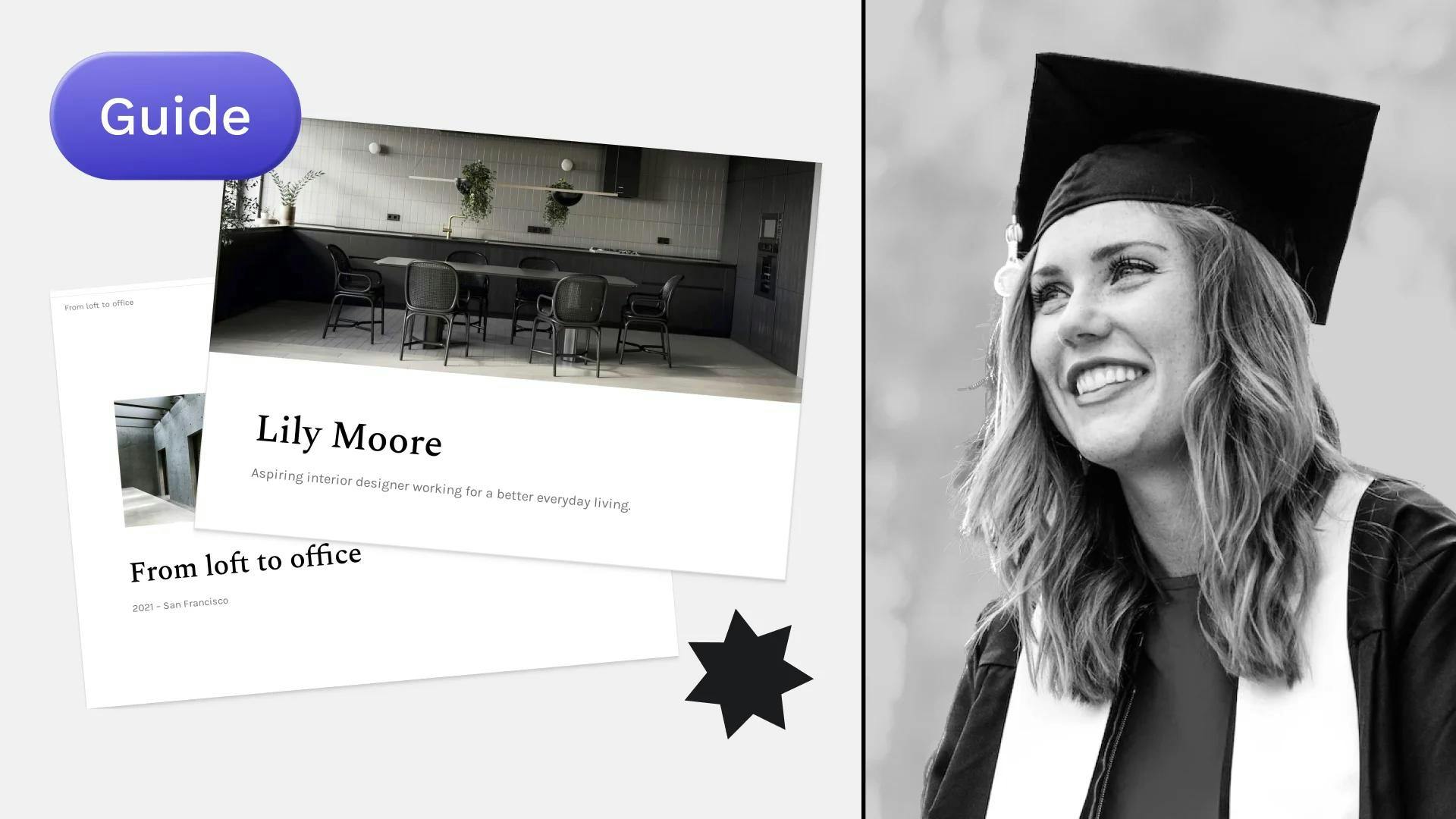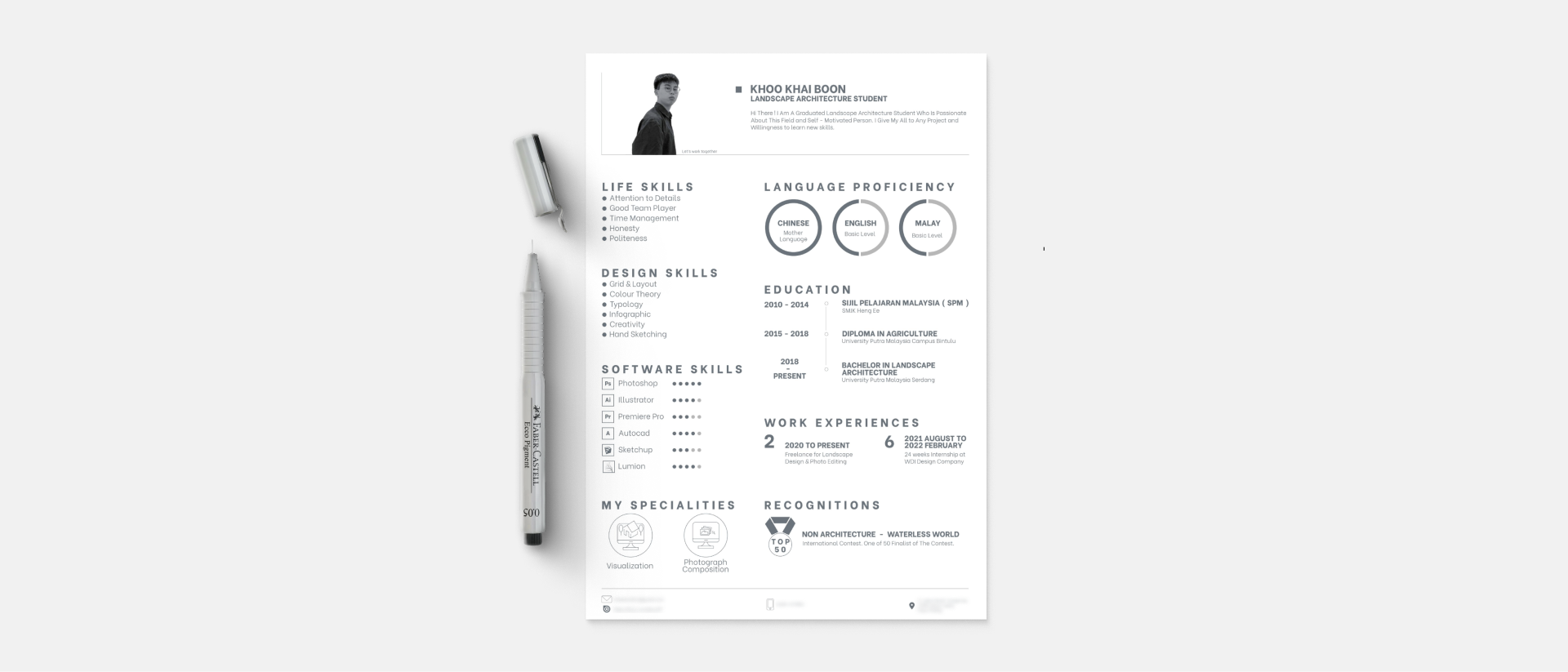
Do you think some people are just born to be architects? We don’t. We think you need passion and hard work to acquire all the necessary architecture skills.
And while it takes a lifetime to perfect them, why not start today? We’ve listed a couple of the most vital ones you’ll need for a successful career, along with tips to improve them. Plus, we start with an inventory of hard and soft skills, so if you’re here to create a wow-worthy CV, we’ve got your back.
Architecture Resume Buzzwords
Spice up your CV with relevant keywords that both recruiters and ATS will look for. We’ve collected some of the most sought ones based on job ads from the USA and Europe.
Many firms – especially large, prestigious ones – use Applicant Tracking Software (ATS) that screen resumes before any recruiter ever reads them. These programs recognize and look for the given keywords.
So, though for a person reading your CV, it’s obvious that you have that skill, writing down the actual keywords makes it clear for the computer too.
Hard Skills
- 3D Max
- 3D rendering
- Adobe Illustrator
- Adobe Indesign
- Adobe Photoshop
- ArchiCAD
- Building Codes
- Conceptual design
- Construction documentation
- Detailing
- Engineering
- Enscape
- Exceptional Mathematical Skills (e.g. geometry, algebra)
- Exceptional Physics Knowledge (e.g. materials, tension)
- Foreign languages
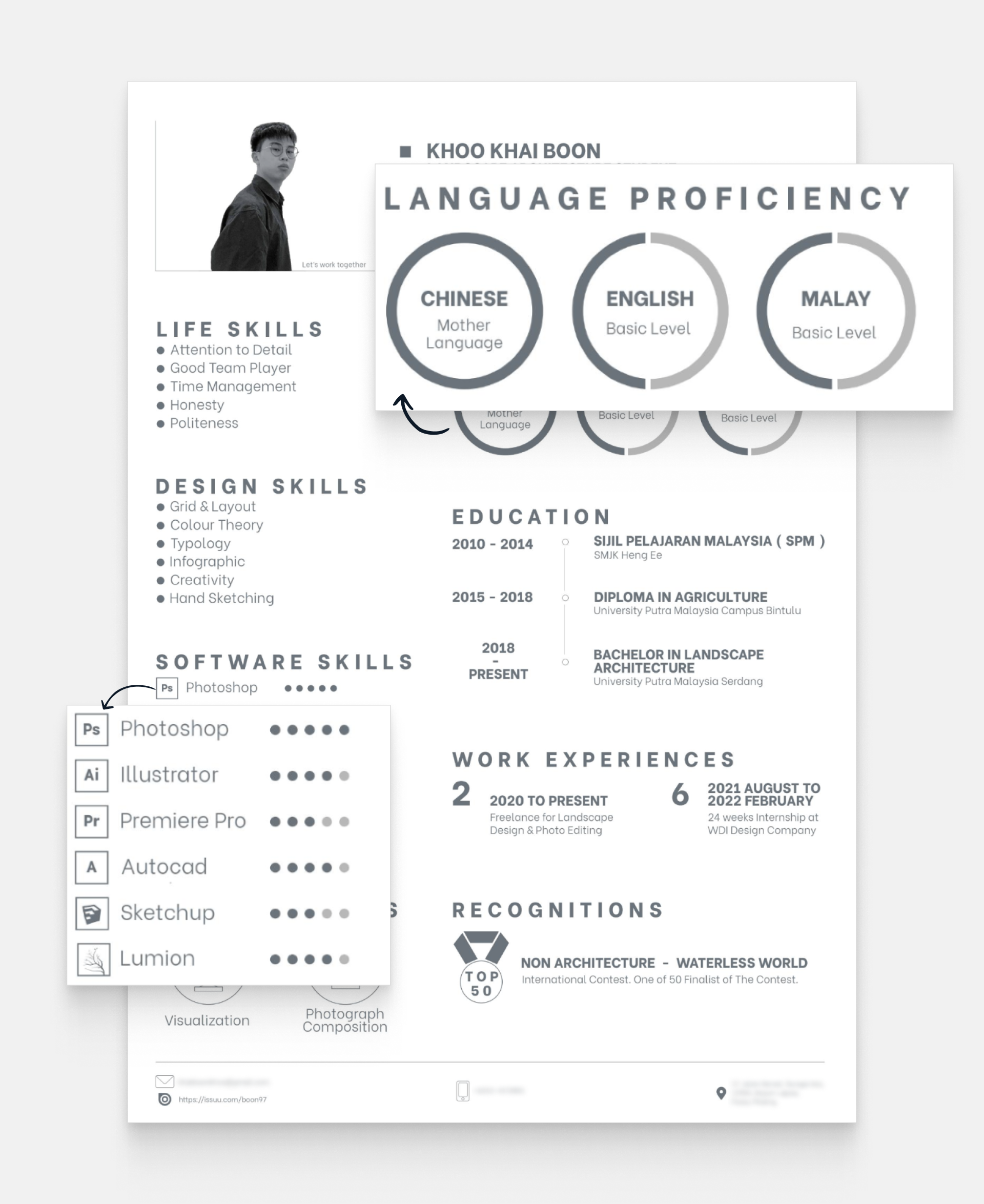
Khoo Khai Boon’s resume. Instead of just listing the languages he speaks, he added his level of proficiency.
- Gantt charts
- Instinctive feel for design
- Knowledge of relevant laws
- Leadership in Energy & Environmental Design (LEED)
- Lumion
- Microsoft Excel
- Microsoft Word
- Model making
- Project management software
- Photography
- Revit
- Rhino
- Site surveying
- Sketching
- SketchUp
- Sustainable design
- V-Ray
Indicate your level of proficiency and wherever possible, include an objective level as well. There are so many fancy graphs and charts to show how good you are at something, but it doesn’t tell me much that you’re 20% in German. What’s your CEFR or ILR level? Can you negotiate in that language?
Soft Skills
- Active listening
- Adaptability
- Adhering to a budget
- Attention to detail
- Being a self-starter
- Business sense
- Client management
- Collaboration
- Creativity
- Critical thinking
- Curiosity
- Decision making
- Emotional intelligence
- Empathy
- Enthusiasm
- Flexibility
- Growth mindset
- Innovation
- Integrity
- Leadership
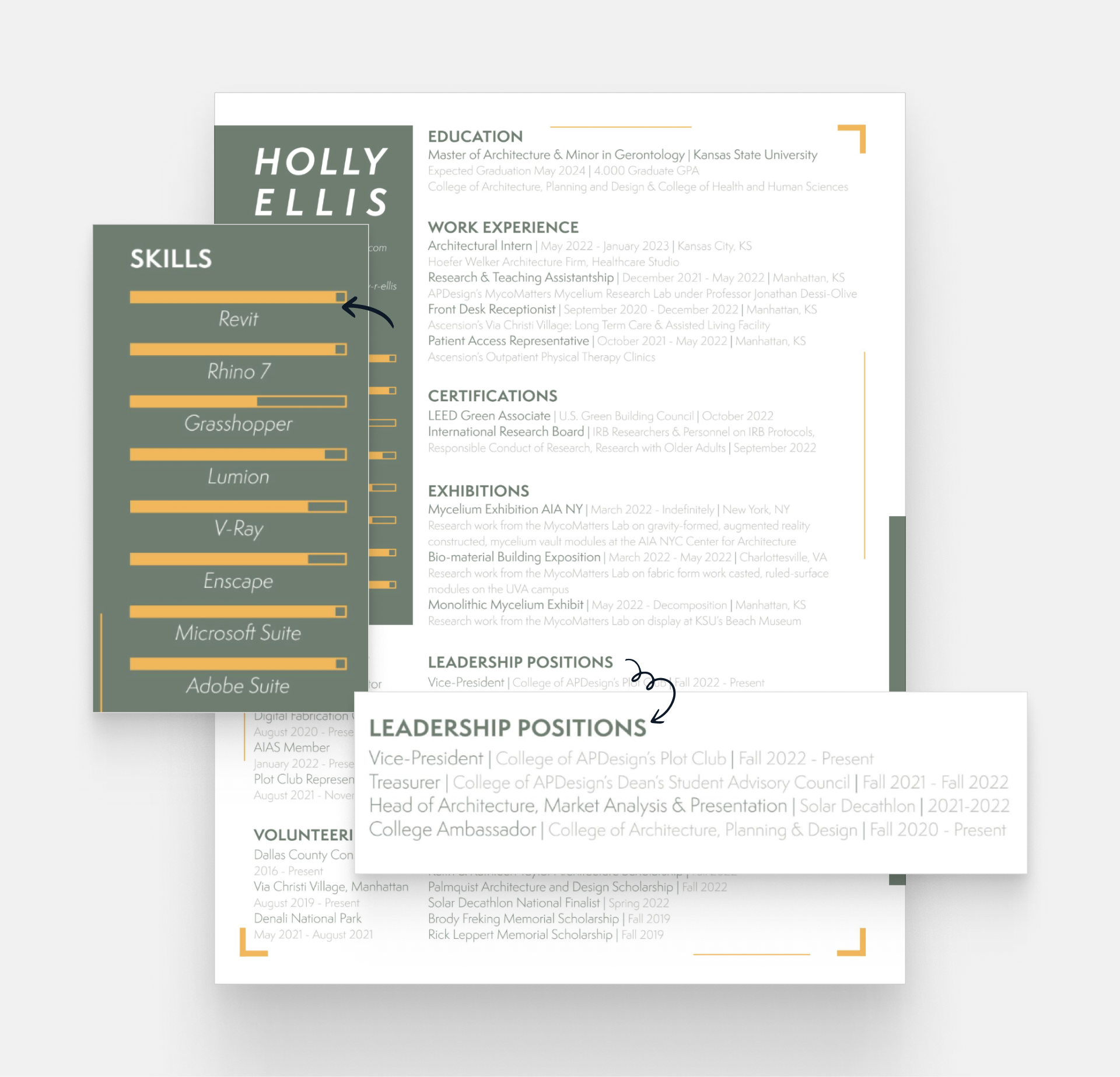
Resume by Holly Ellis. See how she didn't just write "leadership skills", but she showed proof by listing her leadership positions? Spot on!
- Motivation
- Negotiation
- Networking
- Open-mindedness
- Patience
- Persistence
- Presentation skills
- Prioritization
- Problem solving
- Project management
- Punctuality
- Resourcefulness
- Scheduling
- Stress management
- Teamwork
- Time management
- Visual communication
- Work ethic
This list is by no means exhaustive. Always find the relevant keywords from the job ad and include them in your architecture resume (as long as they match your qualifications, of course).
Key Architecture Skills & How to Improve Them
Let’s go into a little more detail about some skills. Now you wouldn’t necessarily put them on your resume, however, these are just as important as being the best Rhino user ever.
Presenting Yourself & Your Portfolio
There are many things you learn at architecture school, but “how to get your first job” is often missing from this list.
The first and most important skill is to be able to present yourself and your work in a memorable way. Fortunately (or not), practice makes perfect. Even if you’re stressed before your first few interviews, nerves will be a thing of the past the more you do it.
Nevertheless, we have some ideas to make it as smooth as possible.
How to present your portfolio?
- Format. We recommend having your architecture website as your master portfolio but bring a PDF or a printed portfolio to a job interview. This way, you can better tailor your application.
- First impression. Start with your best project, one that you can talk about passionately. Your design is crucial, but how you talk about it matters a whole lot too. Also, make a superb portfolio cover!
- Keep it short. Curate your projects so that you only show what you’re truly proud of. Don’t include more than 5 projects in detail.
- Context. Start each project with vital information, such as your contribution, or the size and budget of the project. Just the most important info in a few bullet points.
- Show, don’t tell. Instead of writing lengthy paragraphs in your portfolio, try to visualize your message with a quick sketch. You can always explain it on the interview in depth.
- Problem ➡️ Solution. Talk about a challenge you faced in the given project (e.g. budget limitation, time pressure, specific building codes) and what specific steps you took to overcome it.
- Be flexible. Some interviewers sit back and listen, while some prefer a discussion. Be ready to improvise and know the narrative of your work.
- Finishing on a high. End your portfolio and your presentation with your second-best project, to wrap things up with a “wow”.
Find a tool that allows you to build a flexible portfolio that works for you in every situation. You don’t want to spend time creating multiple portfolios again and again.
With Archifolio you can have all of your projects online with unlimited storage, while with a click of a button, you can export it to a PDF.
Client Management
Newsflash: You’ll love working with some clients, but some others… Well, not so much.
Nevertheless, you have to handle them equally and execute a successful project.
A huge part of being on the right foot with clients is being transparent, assertive, and flexible. Keep in mind that the whole point is that they are happy with the result.
How to improve your client management skills?
- Establish the preferred communication channels.
- Be thorough when setting the scope of the project.
- Manage expectations and be transparent.
- Know when to say no and when to compromise.
- Think of your tutors and professors in uni as clients so you can practice from the get-go.
Life Management
We’ve all gone through uni pulling a few all-nighters here and there. However, that won’t fly when A) you’re working in an office, B) you’re not 20 anymore, and getting back to your normal rhythm suddenly takes ages.
Though life management is not something you put on your resume, it’s a critical skill to have. Projects have strict deadlines, so you can’t afford to procrastinate your way through your career.
How to manage your life better?
- Work on your time management. Find a system that works for you, which might take some trial and error. Nonetheless, opt for the one you can use consistently.
- Focus on your mental and physical health. Being healthy inside and out will help you thrive at work.
- Learn to prioritize. Feeling like you’re drowning in the sea of tasks? Prioritization not only helps you get things done but also allows you to take control over your work day.
That said, creative work has its ups and downs. Sometimes you’ve been working on a project for months, but in the last week, “inspiration hits and you want to rework the whole thing”.
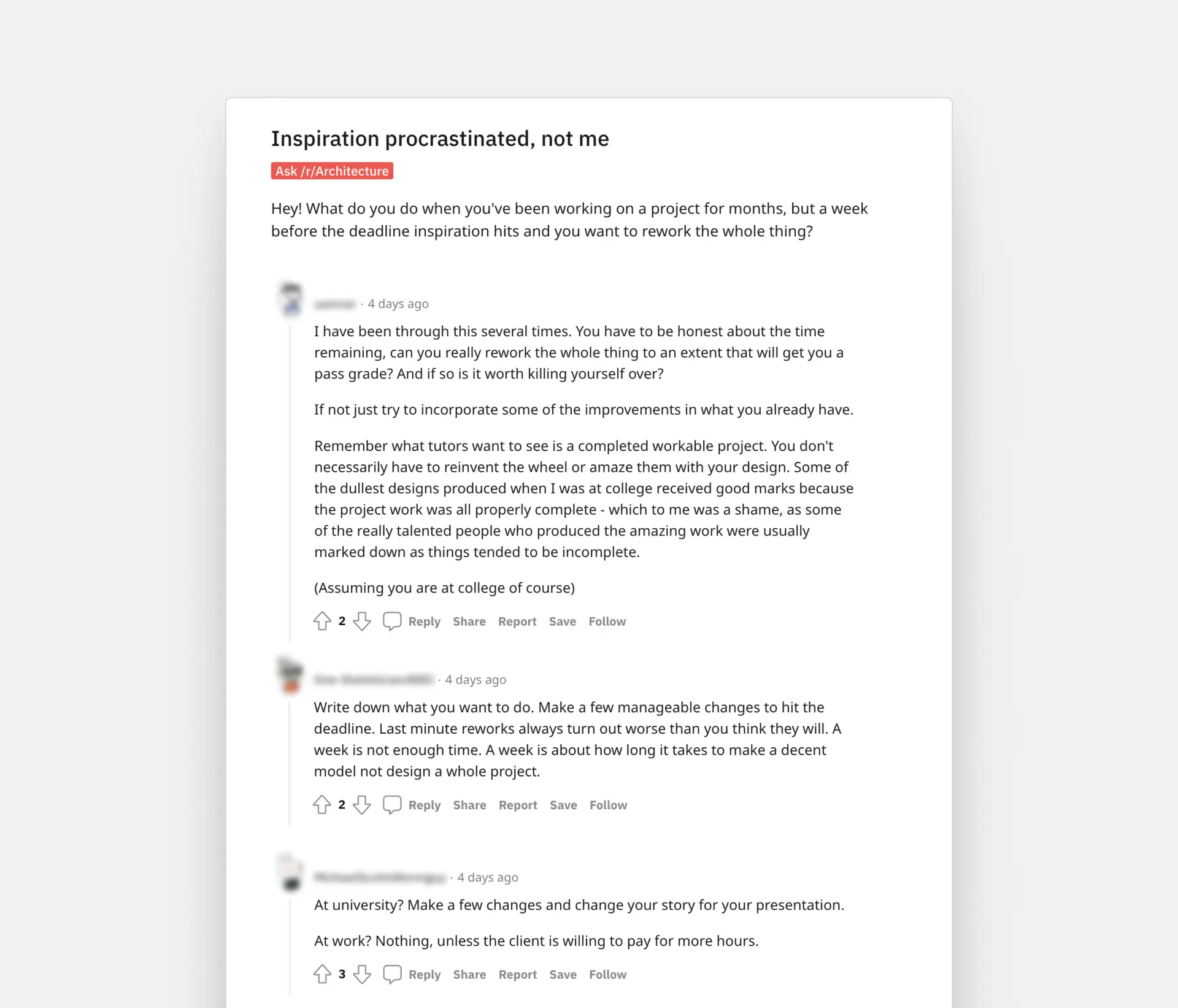
Reddit thread of what you should do when you get a last-minute idea
If this happens, don’t throw away your idea completely. In school, modify your original plan with your new idea and change your presentation. At work, be transparent, reason with the client, and see if they are open to paying for your extra hours. If not, stick with the original plan.
Whenever you finish a project, add it immediately to your master portfolio. Even if you’re not planning to apply to a new job yet, you’ll thank yourself later.
Creativity + Analytical Skills
Architects are always expected to come up with something fresh. But bringing daring new ideas to life requires you to be mindful of what surrounds you.
Thus, excellent analytical skills and attention to detail are needed to show something that hasn’t been done before.
How can you improve your analytical skills?
- Question everything… And we mean everything. “Why is that wall that exact thickness? Why that material? What’s a wall, anyway?”
- Sketch. Putting pen to paper and drawing down a vague concept will activate your brain to find the spots that need that extra attention. You can also go digital. Learn how to draw on a tablet with this quick guide.
Putting your sketches in your portfolio will help you stand out from the crowd.
Problem Solving
Problems will inevitably arise in any design, let alone a big architecture project. No design process is ever linear, thus, it’s better to prepare for the bumps in the road.
How can you improve your problem solving skills?
Follow these steps when you encounter a problem:
- Identify the right problem. Talk to everyone that the problem affects and find the main problem. There may be many symptoms, but try to find the cause.
- Research it deeply to find the why. If you can’t find the real source of the problem, try to explain it to a non-architect, or just imagine that you’re explaining it to a 10-year-old.
- Brainstorm about solutions. Once you have all the facts, come up with as many potential solutions as possible. Let your imagination run wild and write everything down. No bad ideas at this point.
- Choose the best answer. Narrow your list down to the best solution.
- Implement and iterate.
If I had an hour to solve a problem I’d spend 55 minutes thinking about the problem and 5 minutes thinking about solutions.
Team Work
Even though design work is often done in solitude, that’s only one part of your daily work. You have colleagues, contractors, and specialists, all of whom have their own agenda.
How to be a better team player?
- Communicate. Practice active listening and always be transparent.
- Value the time of others. If it can be done in an email, don’t schedule a call. It’s that easy.
- Stick to your deadlines. Especially if someone else’s work depends on you.
- Give/receive feedback. Give constructive advice and honest compliments on other people’s work. Also, learn to handle criticism and be open to your coworkers’ ideas.
- +1 - Connect. Tiny example: If they tell you about their pet, learn their name, and next time ask how *insert name here* is doing.
Patience
At your first architecture job, you’ll probably find yourself detailing trash chutes and window sills. Here, patience is not only a virtue, it’s the name of the game.
That said, try to find the little things that make you stand out. These will make you sit with the partners soon enough.
How to be more patient?
- Have fun with it. Sure, it might be just a window sill detailing. But how could it be the best one of those? Alternatively, try to connect it to a fun activity, like listening to your favorite podcast.
- Gratitude. Next time you’re frustrated, give thanks for something in your work.
- Acceptance. There are things you can’t change. Once you realize this, it will help you accept it and move on.
These are some of the most crucial architecture skills that we wanted to cover today. Anything you missed? Send an email our way.
